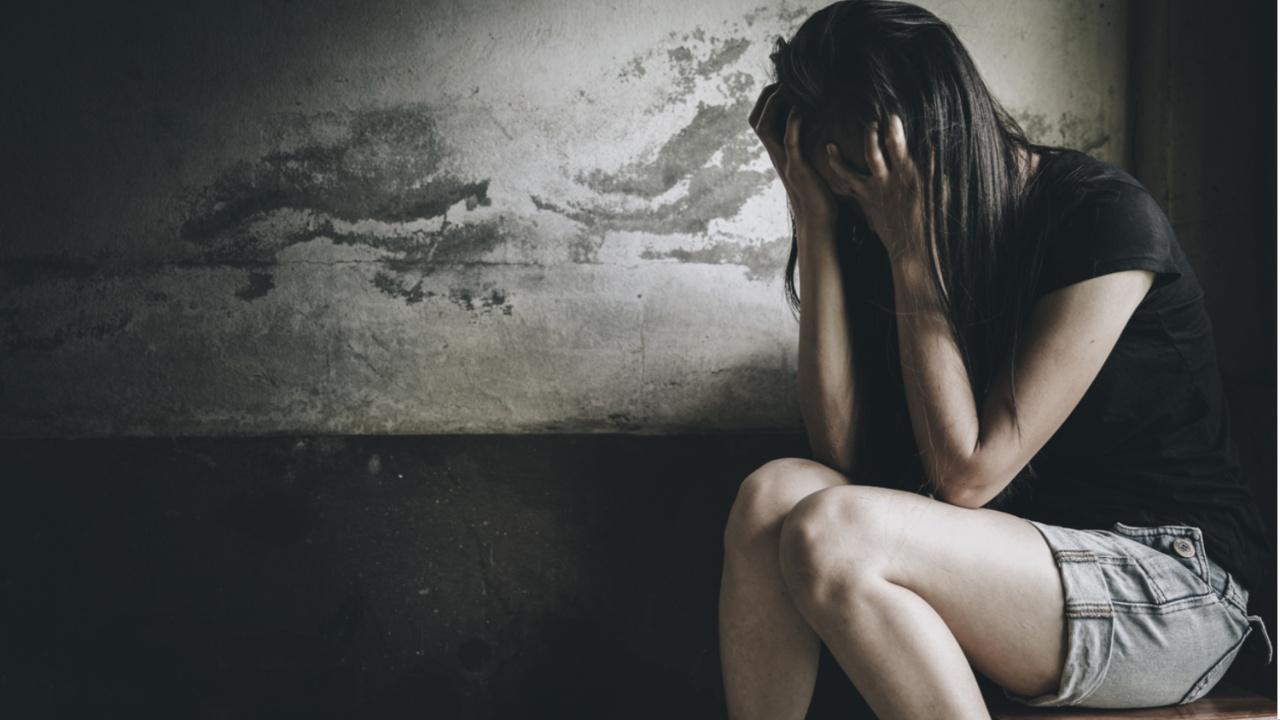Five out of six sexually harassed people who are targeted by sexual offences do not report it to the police. Needs for safety, personal control and social support are prioritised over formal actions, such as reporting to the police

Image for representational purposes only. Photo Courtesy: iStock
According to a new study, there is a gap between how individuals anticipate they would react if sexually harassed and how those who have experienced it respond. The study by the University of Exeter, funded by the Economic and Social Research Council and published in Psychology of Women Quarterly, discovered that seeking justice by coming forward is just one of the needs people who experience sexual harassment consider after the event, with other needs, including those for safety, instead rated as more important.
The research may explain why people who are sexually harassed often don't report their experience formally, with the 2017 Crime Survey England and Wales finding that five out of six people who are targeted by sexual offences do not report it to the police. Researchers compared answers from a confidential online survey of people who have experienced sexual harassment to those who have not but were asked to imagine how they would react. People who have experienced sexual harassment reported a range of needs and engaged in a variety of actions to meet these needs.
Needs for safety, personal control and social support were prioritised over formal actions, such as reporting to the police. Those who had not encountered sexual harassment anticipated having stronger needs and taking more actions--especially formal ones. Senior author, Professor Manuela Barreto, from the University of Exeter said, "We found there is a widely held belief that quick and formal reporting is the correct response to sexual harassment. It's what's generally meant by the phrase 'coming forward'. Yet most people who are sexually harassed do not report it formally and those who do, often report the offence a significant time after it happened. There's a focus on procedural barriers with police and other authorities as to why this is, but less attention paid to the actual needs of the person who has experienced sexual harassment."
"Our research suggests there's a gap between what people expect from those who have been sexually harassed and how those who experience it actually respond. It's important to consider that the feelings and actions of someone who has experienced sexual harassment might be very different from those who have not. Instead of asking; 'why people don't come forward more often?', we should perhaps ask ourselves; 'what is the best action for the individual?'" she added.
Across two studies researchers analysed answers from participants who have experienced sexual harassment about the actions they took, alongside those from participants who haven't experienced sexual assault but were asked to imagine how they'd react if they did. In the first study, 415 participants from mixed genders took part (259 experienced, 156 imaginers) and after finding no gender differences, the second study was conducted with women only (589 participants - 301 experienced, 288 imaginers), who are many more commonly sexually harassed.
Lead author, Professor Thomas Morton, worked at the University of Exeter on the research and is now at the University of Copenhagen. He said: "There is an assumption that those who experience sexual harassment are primarily guided by their desire for justice. But this research shows that peoples' needs are wider than what others might expect, and include needs for safety, personal control, and for life to just return to normal. Of all the needs that people expressed, the need for justice was not the highest priority. This might explain why people don't take the kind of formal actions, like reporting to police, that others expect them to."
"There are often accusations including high profile recent examples that if people who experience sexual harassment don't come forward at the time, it's because it wasn't that serious or perhaps even true. But if you have not experienced sexual harassment, it is hard to accurately anticipate what you might need, and therefore what you would do to satisfy those needs. Our research suggests that the assumptions people make are often wrong, or at least don't reflect what the people who have experienced sexual harassment say they need," he added.
Also Read: Women’s safety: Keep these ‘essential items’ in your bag to protect yourself
This story has been sourced from a third party syndicated feed, agencies. Mid-day accepts no responsibility or liability for its dependability, trustworthiness, reliability and data of the text. Mid-day management/mid-day.com reserves the sole right to alter, delete or remove (without notice) the content in its absolute discretion for any reason whatsoever.
 Subscribe today by clicking the link and stay updated with the latest news!" Click here!
Subscribe today by clicking the link and stay updated with the latest news!" Click here!








